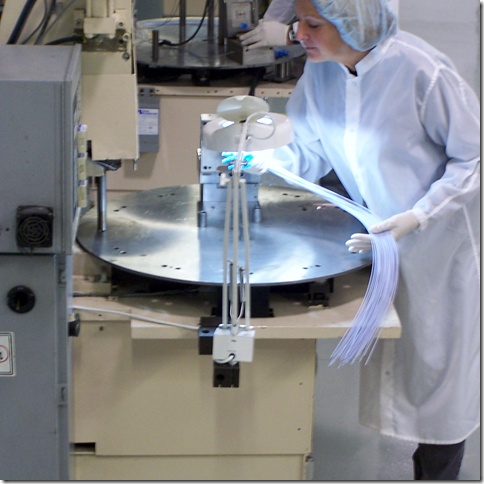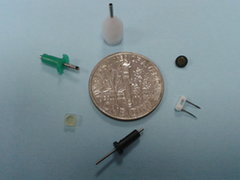Aworld where machines are able to curate human healthcare is not far away. Medical technology giant, GE Healthcare, made headlines recently for partnering with Franciscan Health to implement a control centre to synchronise all elements of a patient's hospital experience. AI’s potential in healthcare, however, extends beyond managing work flows – it has the potential to transform fundamentally how healthcare is delivered and the way we think about medicine.
We were surprised that when analysing the global AI conversation online and across social media over the past three months – health, not jobs, is the most talked about issue. There is growing noise around AI’s role in healthcare – some people are positive, but others are yet to be convinced about putting their health in the hands of a machine.
Perception is important. Everyone is a stakeholder in healthcare as it impacts all of us. With such a major change just around the corner, it is important healthcare providers understand the concerns of their patients and those who work in the industry.
Our data show that the main concern for patients and medical professionals is culpability when mistakes or problems occur. Health is our most valuable asset, so entrusting it to a machine is a difficult decision for both patients and those responsible for looking after us.
Healthcare AI therefore faces a significant challenge: how can it win the same level of trust as doctors, traditionally one of the most reputable and respected professions, seen by many as highly educated, motivated and altruistic. When our experience in healthcare is focused on human care, being treated by machines will seem alien – how AI is implemented and how it interacts with patients is an issue that needs to be addressed.






